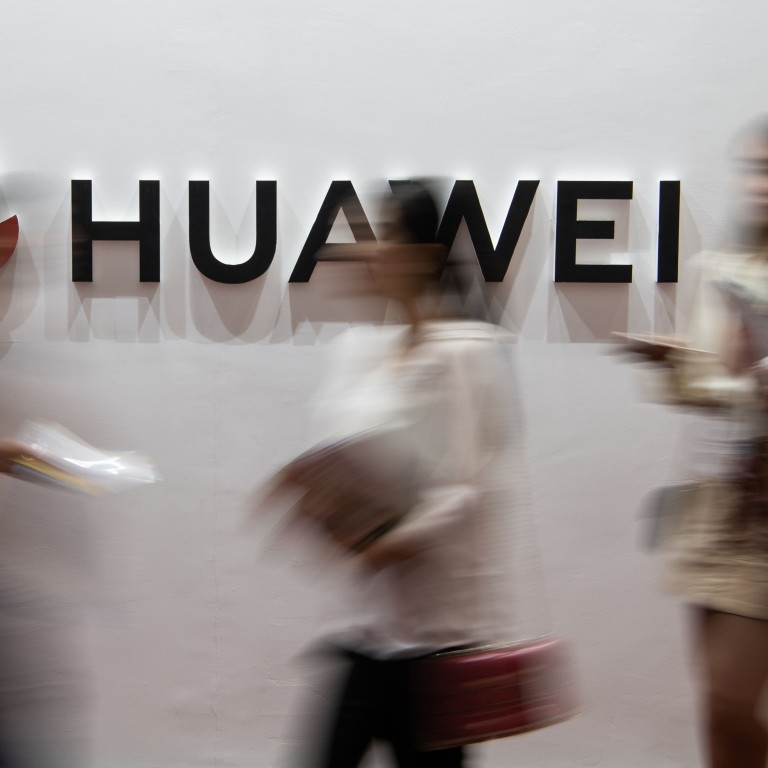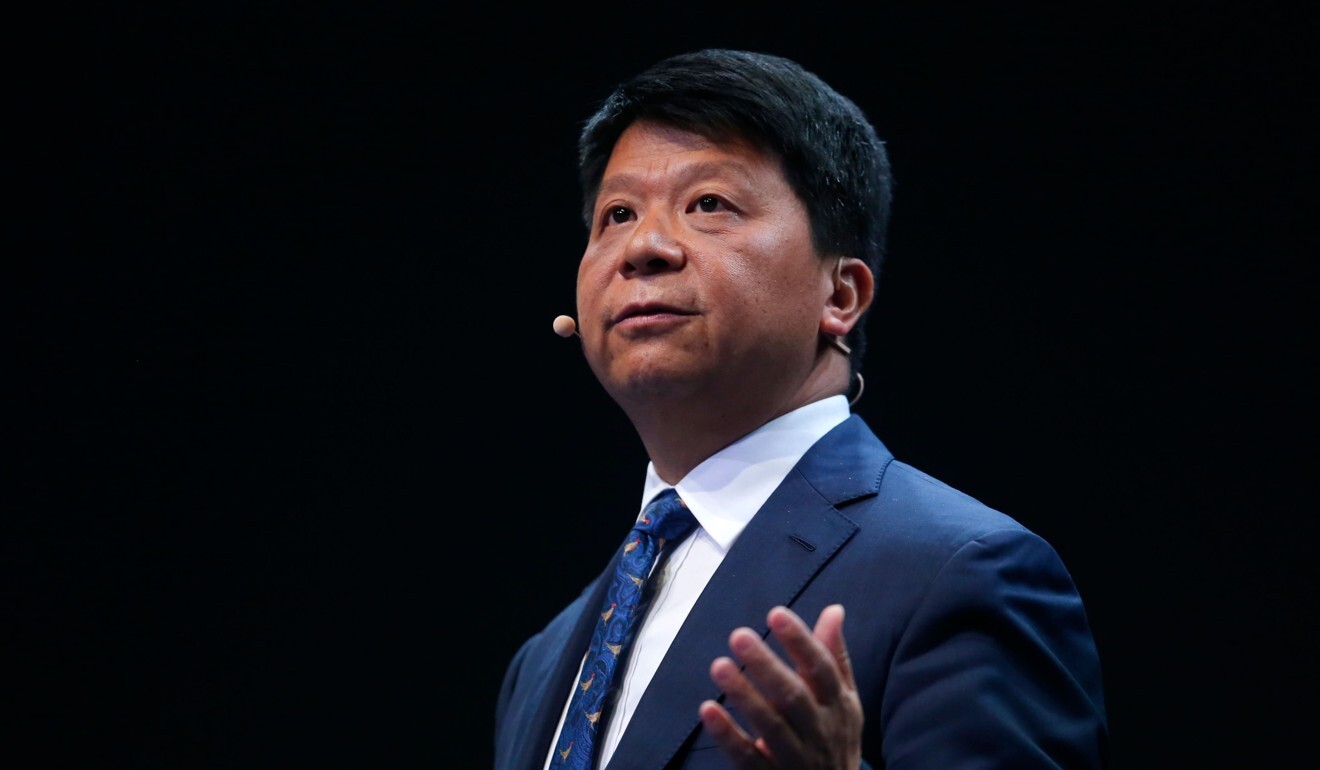
Huawei will ‘inevitably be impacted’ by ‘arbitrary and pernicious’ US restrictions, it says
- The US Commerce Department announced new restrictions on Huawei’s ability to develop semiconductors using American technologies last week
- The new rule will directly affect Taiwanese wafer foundry TSMC, the world’s largest contract chip maker and a key Huawei supplier
However, Huawei rotating chairman Guo Ping said at the company's global analyst summit in Shenzhen, “as the challenges over the past year have helped us develop a thicker skin, we are confident about finding solutions soon”. The company is still evaluating the impact of the new restriction and “survival is currently the keyword for Huawei”, Guo added at the subsequent question and answer session.
The company’s comments come after the US Commerce Department said last Friday it would refine its regulations specifically on how to define “direct product” rules to “narrowly and strategically target Huawei’s acquisition of semiconductors that are the direct product of certain US software and technology”.

US plans to further restrict Huawei’s semiconductor development
In an official statement released at the summit on Monday, Huawei said it “categorically opposes” the new restriction and is “undertaking a comprehensive examination” of it.
“This decision was arbitrary and pernicious, and threatens to undermine the entire industry worldwide,” the company said in the statement. “To attack a leading company from another country, the US government has intentionally turned its back on the interests of Huawei's customers and consumers. This goes against the US government’s claim that it is motivated by network security.”
The company said that the US government’s decision does not just affect Huawei, but will have a serious impact on a wide number of global industries and ultimately harm US interests.
“In the long run, this will damage the trust and collaboration within the global semiconductor industry which many industries depend on, increasing conflict and loss within these industries.”
China hits back at America’s ‘unreasonable suppression’ of Huawei
However, the new licence rules would also apply to SMIC as it relies on US manufacturing equipment to fabricate silicon wafers.
The Trump administration’s newest rules are likely to have a serious impact on Huawei’s chip research and development, according to one analyst.
“In the short term, Huawei will increase its procurement efforts to ensure that it obtains as many original accessories as possible to satisfy its shipment of mobile phones and base stations for as long as possible,” said Jia Mo, an analyst at research firm Canalys.
“However, after four months, Huawei’s chip research and development will be greatly affected, and this will cast a shadow on its main businesses, such as the design and manufacturing of 5G base stations and hardware products including smartphones.”
“In the domestic market, Huawei has gradually transformed itself into an inseparable brand from China
“In the domestic market, Huawei has gradually transformed itself into an inseparable brand from China, which has not only enhanced the brand image but also made its high-end products gain an amazing market share in China,” Jia said.


